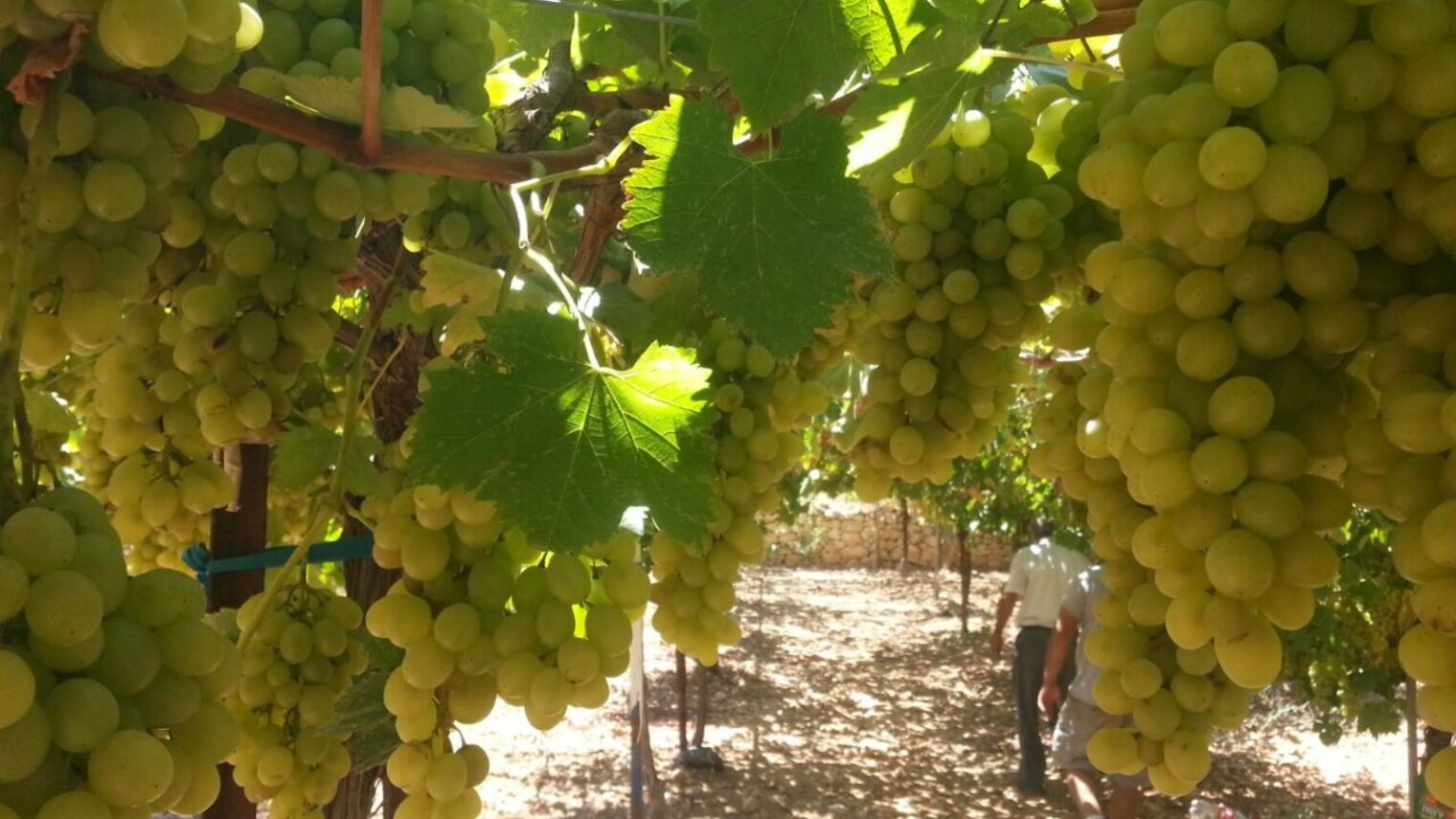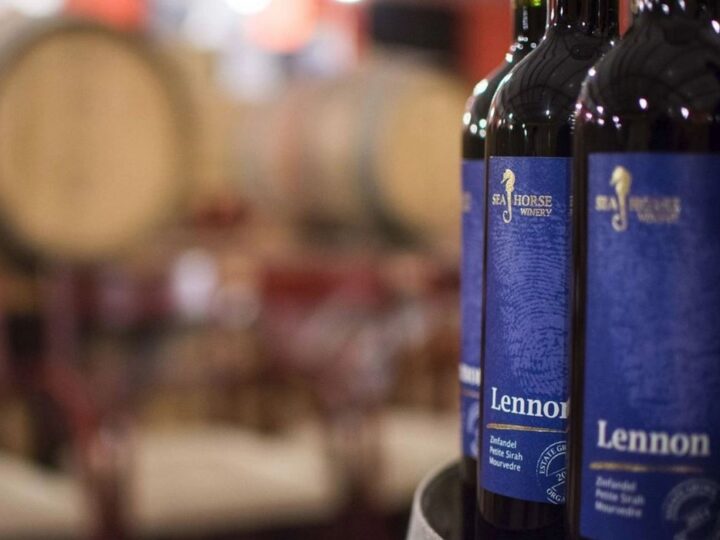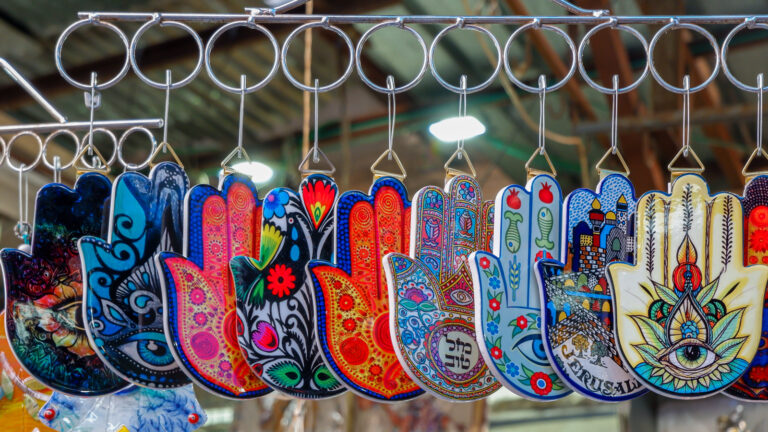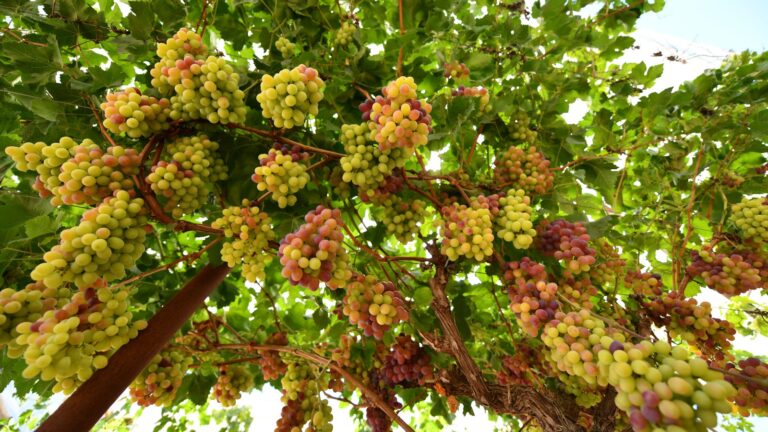For the first time ever, an Israeli vintner is making wine from a nearly extinct species of indigenous grapes used in biblical winemaking thousands of years ago.
Recanati Marawi wines mark a turning point in modern Israeli winemaking – which until now has used varieties of grapes transplanted in Israel from European wine regions such as Merlot, Sauvignon Blanc and Syrah.
The new-old Israeli wine was introduced to the world in Italy at the recent international Expo Milano, during a tasting hosted by Keren Kayemeth LeIsrael-Jewish National Fund (KKL-JNF) and the Israel Ministry of Tourism.
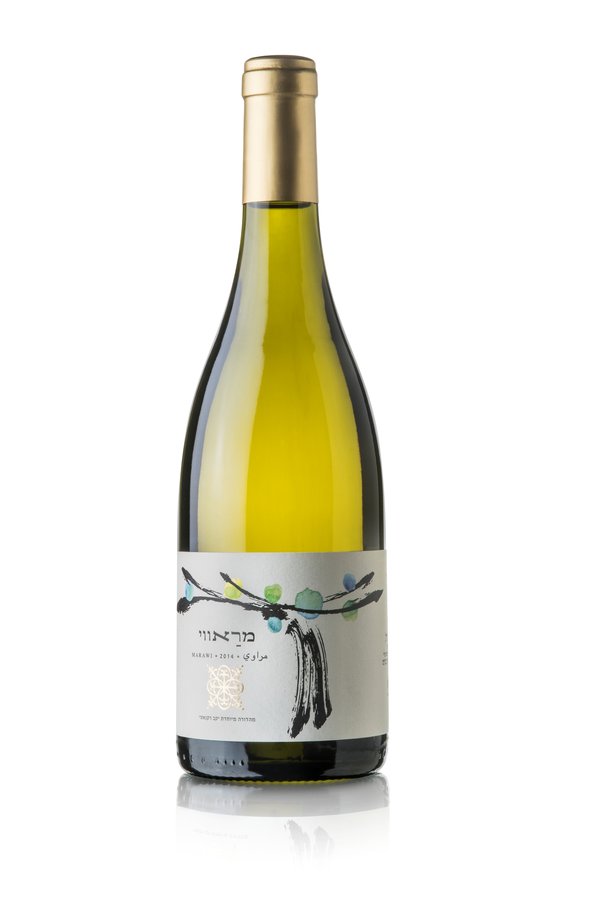
JNF-KKL funded the research and development behind this breakthrough, spearheaded by a team from the Samaria and Jordan Rift R&D Center at Ariel University under Elyashiv Drori, an agricultural and oenological researcher and owner of the Gvaot boutique winery.
Drori tells ISRAEL21c that there’s abundant archeological evidence of intensive winemaking in Israel starting from around the 28th century BCE. Yet all the indigenous grapevines in Israel today are table grapes, not considered suitable for fine wine. That’s why Baron Edmond de Rothschild, owner of Chateau Lafite in Bordeaux, brought in French wine grapes when he reestablished the wine industry here in the late 19th century.
Four years ago, Drori and his team set out to discover what happened to the native wine grapes mentioned in the Talmud.
“Marawi is a tasty grape to eat but it also makes a very good wine similar to Chenin Blanc.”
“Where did these varieties disappear to? We hypothesized that our ancestors’ vines became neglected when Muslim regimes took over around the seventh century. Later on, the Mamluk rulers prohibited wine production and cut down all the vineyards. Thus, people started growing only table grapes,” says Drori. “Yet we believed that because of the strong resilience of the grapevine some would still be found in nature in the wild.”
Drori’s students Yaakov Henig, Hodaya Brauner and Oshrit Rahimi went around Israel collecting 480 wild grapevines. After sampling the leaves, extracting their DNA and analyzing them to find similarities to 3,000 varieties listed in American and European databases, the lab identified more than 150 unique Israeli varieties including around 60 unknown to local growers.
Over the course of two years, they produced whites and reds from these varieties in Ariel’s research winery. Chemical analysis and expert tastings revealed a few with great potential for high-level production, including Jandali and Marawi. Food historian Zohar Amar, associate professor in Land of Israel studies at Bar-Ilan University, confirmed that these varieties’ features matched those described in the ancient rabbinic literature.
“Marawi is a tasty grape to eat but it also makes a very good wine similar to Chenin Blanc,” says Drori. “A few winemakers tasted it and decided they want to produce white wines with it.”
Among those tasters was Ido Lewinsohn of Recanati. He tells ISRAEL21c that the winery contracted with a Palestinian grower near Bethlehem to grow the grapes for 2,480 bottles of Recanati Marawi 2014, commercially available in restaurants only. The 2015 vintage, now aging in barrels for release next year, may be retailed if the quantity is sufficient.
Wines with local identity
Several other Israeli vintners are interested in cultivating the rediscovered grapes. Barkan Winery has planted both Jandali and Marawi vineyards. Cremisan Cellars, a winery outside Bethlehem run by Salesian monks, makes a dry white wine from both species.
Lewinsohn explains that although Israeli wines have achieved gold-medal quality in the past two or three decades, “People in the wine business are looking for unique wines that represent a local character and identity. The only wines that can do that are made from grapes best adapted to the local climate and soil. The more antique the variety is, the more time it has had to adapt.”
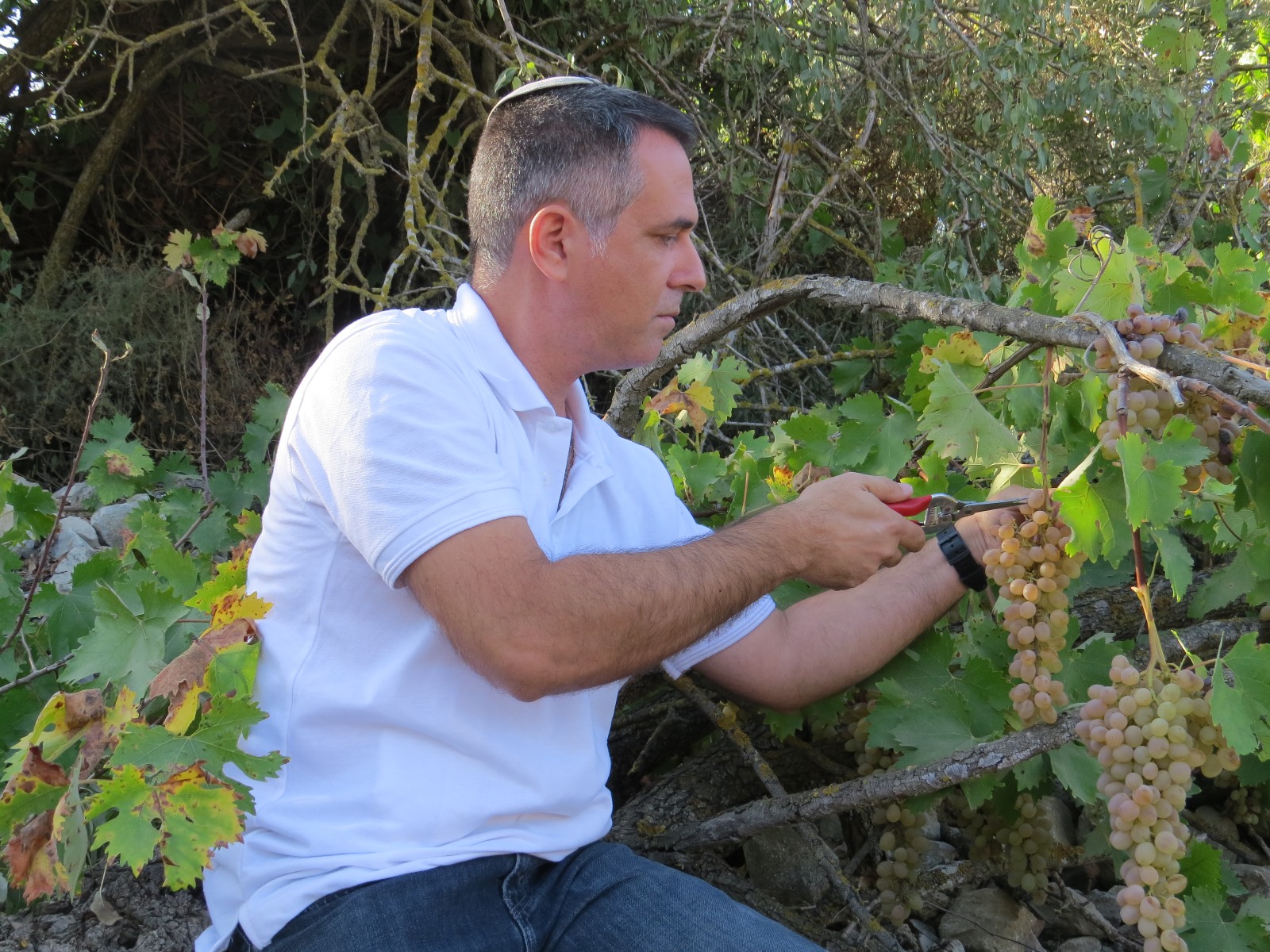
Marawi, he says, “is not an easy drinking wine. It is complex and interesting. The nose is very citrus and mineral; you can really feel the soil in this wine. It’s not aromatic like Muscato but has lots of character on the mineral notes.”
Best of all, from a marketing perspective, Marawi is an Israeli wine, not just a wine produced in Israel.
“Every respectable wine region has its own indigenous grape varieties, and that is the wine’s ID,” says Drori. “Israel hasn’t had a wine ID, so why buy a Syrah from Israel? This is why it is strategic, important work to reestablish indigenous varieties.”
Now Drori and his collaborators – also including Mali Salmon-Divon from Ariel’s Genomic Bioinformatics Laboratory — are trying to identify which other varieties in their wild collection were used to make wine in antiquity.
“A lot of remains of grape seeds have been found in archeological sites including the Temple Mount and City of David, Ashdod and Ashkelon, and Prof. Ehud Weiss at Bar-Ilan is collaborating with us to identify them by 3D and DNA analysis. Maybe we can identify what wine Jesus drank at the Last Supper,” Drori speculates.




